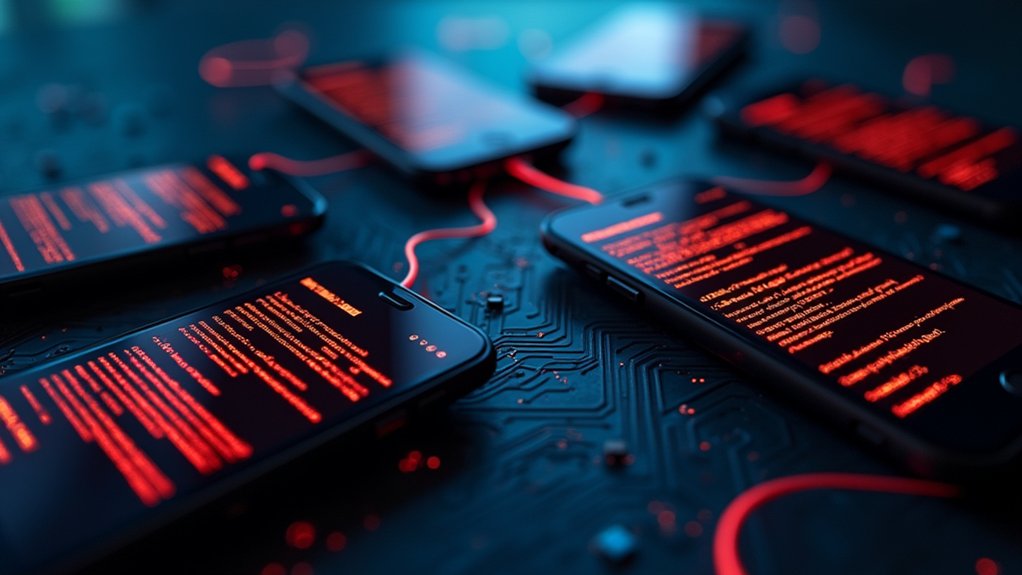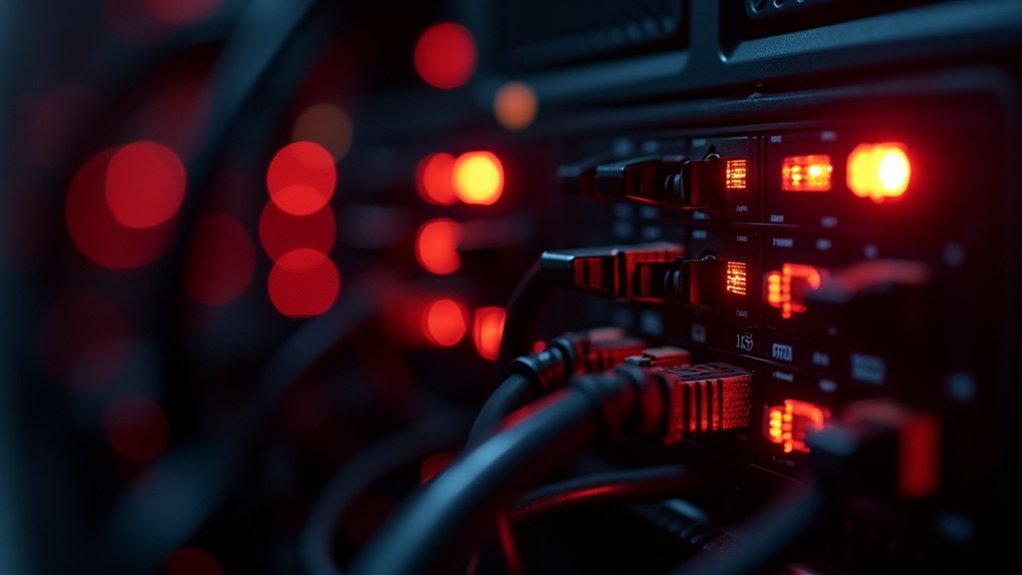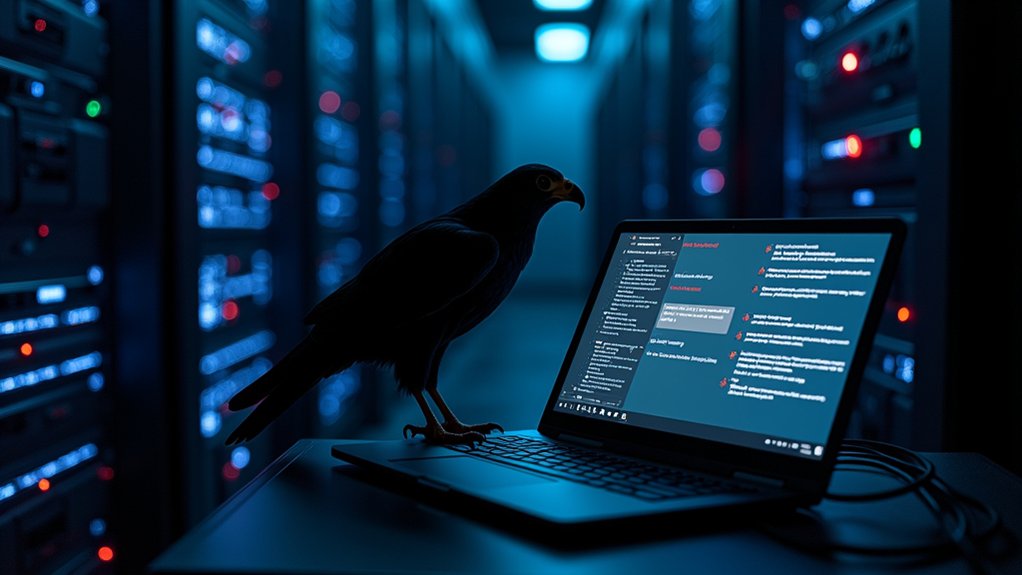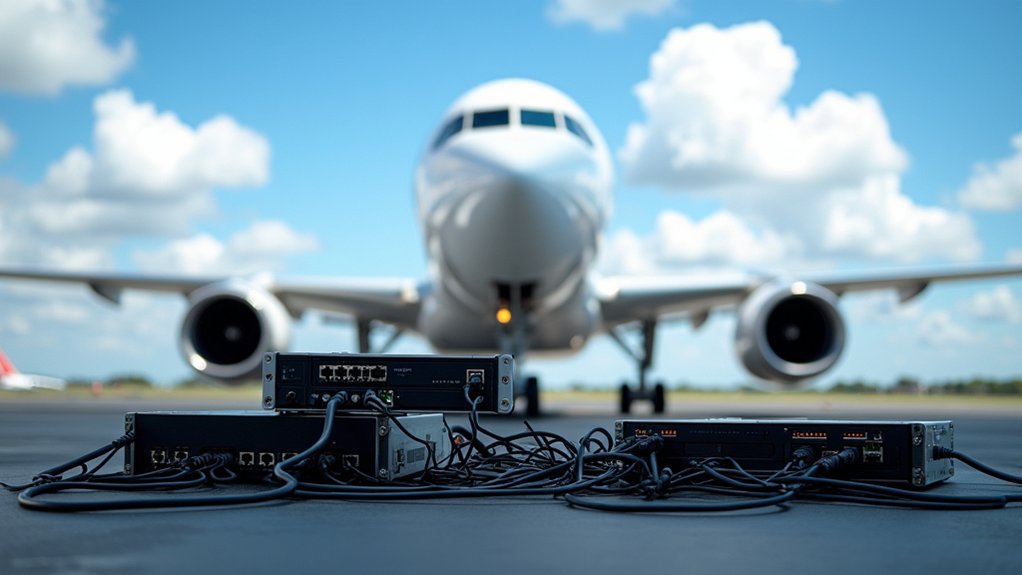As American smartphone users conducted their daily communications throughout late 2024 and early 2025, Chinese hackers executed what Senator Mark Warner described as “the worst telecom hack in United States history,” infiltrating the mobile devices of more than one million customers through sophisticated zero-click attacks that required no user interaction.
The breach, which initially focused on mobile phone users in the national capital region, particularly targeted government, political, technology, and journalism workers who had previous histories of being targeted by Chinese cyber operatives.
Security firm iVerify identified the connection between victims and China’s strategic interests, noting unusual software crashes that served as indicators of the sophisticated cyberattack. Unexpected slowdowns and spontaneous program launches were among the first signs that alerted users to potential compromise.
Former NSA expert Rocky Cole characterized the current situation as a “mobile security crisis,” highlighting how Chinese intelligence services identified smartphones as weak links in American cyber defenses.
The hackers accessed extensive personal data, determining who mobile phone users were communicating with, the timing of those communications, and location data associated with the exchanges.
FBI and Homeland Security officials confirmed that Chinese operatives stole “large amounts of data” from hundreds of thousands of American mobile phone users in what constituted a major intelligence-gathering operation targeting prominent Americans.
Chinese operatives executed a massive intelligence operation, stealing extensive data from hundreds of thousands of American mobile phone users.
Chinese hackers had been operating inside U.S. telecommunications networks since at least 2023, exploiting basic security gaps across at least eight or nine major telecommunications companies.
The attackers burrowed deep into these networks while leaving minimal traces of their identities, demonstrating sophisticated operational security techniques. The hackers obtained access to sensitive DOJ warrants data during their extended infiltration of telecommunications systems. The hackers specifically accessed computer routers used by major telecommunications corporations to facilitate their data collection operations.
Federal authorities officially acknowledged China’s role in the attacks, with the FBI and Homeland Security distributing detection and prevention recommendations to affected companies.
The Justice Department pursued legal action against Chinese hackers in March 2025, as Senator Warner advocated for implementing minimum security standards for telecommunications and healthcare systems.
Cybersecurity experts noted that “no one is watching the phones,” emphasizing how mobile devices remain particularly vulnerable to security failures.
Reports indicate that China’s Ministry of Public Security has been paying hackers-for-hire to inflict digital harm, representing a strategic intelligence operation that leaves American interests exposed to continued cyberattacks through persistent vulnerabilities in mobile security infrastructure.









